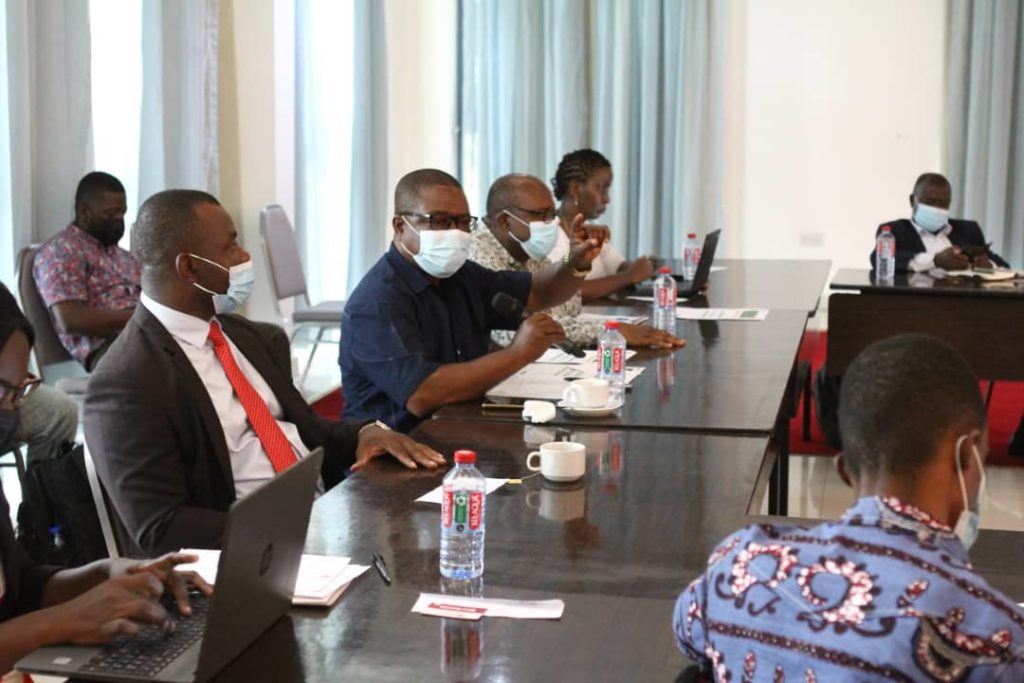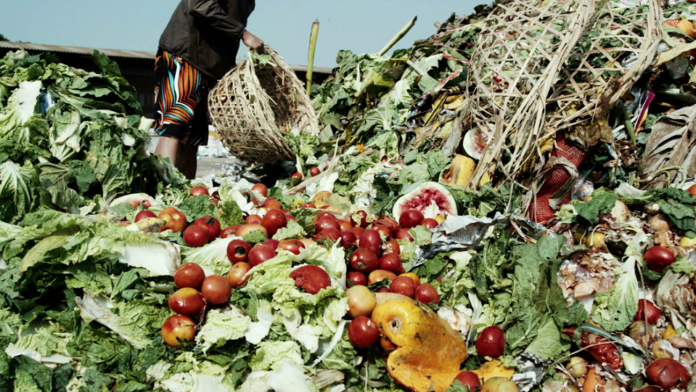The Alliance for a Green Revolution in Africa (AGRA) has assured that it will play a key role to have Ghana’s Food Systems Dialogues document disseminated to all relevant stakeholders to ensure that its intended purpose is achieved by 2030.
Ghana is one of three African countries including Malawi and Rwanda selected after the United Nations (UN) Food System Summit Dialogues to pilot the Food System Transformative Integrated Policy (FS-TIP) programme after demonstrating courageous leadership in the development and implementation of an ambitious food system policy agenda.
Ghana’s national FSSD process began with the establishment of a National FSSD Secretariat which instituted coordinating mechanisms to steer the dialogue process. After months of engagement between the various agencies and stakeholders, AGRA on Thursday held a workshop for stakeholders to disseminate findings from Ghana’s Food Systems Dialogues by consultants.

A consultant and convener for Food Systems Summit in Ghana, Prof. Amos Laar explained that their work centered on finding new solutions to the challenges identified at the global and country levels in order to attain sustainable food systems.
He indicated that there is a need to develop food systems transformation investment plans to enhanced investments in agricultural expansion, and also improve accessibility to financial services including raw credit and microcredit to fund small agribusinesses.
“Food systems have been conceptualized to encompass the entire range of activities involved in the production, processing, marketing, consumption, and disposal of goods that originate from agriculture, forestry, or fisheries, including the inputs needed and the outputs generated at each of these steps.
Ghana’s success in this space, to a large extent, is attributed to the government’s forward-thinking long-term policies that have paved the way for the short midterm, and cross-sectoral interventions.
Ghanaian food systems stakeholders recognize that the road to 2030 will be bumpy due to multiplicity of challenges but they are resolute to achieve their target” he said.
Dr. Dorothy Effa, Programme Officer, Advocacy and Policy, AGRA said AGRA is an African-led organization with the aim of helping smallholder farmers to increase production and wealth.
“Now that we have the document, there is the need to develop a strategy for dissemination especially for follow-ups because Ghana has made commitments.
These Food Systems Dialogues are very essential because we have challenges and if you have challenges then there is the need to find solutions.
We want everybody to have a stake in the ongoing dialogues for us to achieve the goals of the Food Systems Summit Dialogues,” she said.
The Food Systems Summit Dialogues (FSSDs) with the theme; Dissemination of findings from the Ghana Food Systems Dialogues brought together diverse groups of stakeholders who collaborated, deliberated, debated ideas and solutions, and took actions geared towards attaining a better and quality food systems in Ghana.








